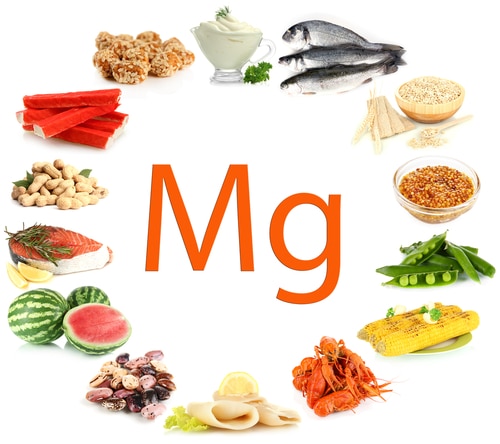Consume Foods Rich in Magnesium to Boost Immune System

What is Magnesium?
Magnesium is a mineral that is essential for the proper functioning of the human body. It is involved in over 300 biochemical reactions and plays a crucial role in maintaining healthy muscle and nerve function, regulating blood sugar levels, and supporting a healthy immune system.
Why is Magnesium Important for the Immune System?
Magnesium is involved in the production and activation of white blood cells, which are responsible for fighting off pathogens and foreign invaders that can cause illness. It also plays a role in the production of antibodies, which help the body recognize and destroy harmful substances.
What are the Foods Rich in Magnesium?
Some of the best dietary sources of magnesium include:
- Dark leafy greens, such as spinach and kale
- Nuts and seeds, such as almonds and pumpkin seeds
- Whole grains, such as brown rice and quinoa
- Avocado
- Black beans
- Salmon
By incorporating these foods into your diet, you can increase your magnesium intake and support a healthy immune system.
How Much Magnesium Do You Need?
The recommended daily intake of magnesium for adults is around 400-420mg for men and 310-320mg for women. However, this can vary depending on age, gender, and other factors, so it's best to consult with a healthcare professional to determine your specific needs.
Benefits of Consuming Foods Rich in Magnesium
Here are some of the benefits of consuming foods rich in magnesium:
- Supports a healthy immune system
- Regulates blood sugar levels
- Supports healthy muscle and nerve function
- Helps maintain healthy bones
- Reduces the risk of chronic diseases, such as heart disease and type 2 diabetes
FAQs
1. Can too much magnesium be harmful?
Yes, consuming too much magnesium can lead to adverse effects, such as diarrhea, nausea, and abdominal cramping. It's important to stay within the recommended daily intake and consult with a healthcare professional if you are considering taking magnesium supplements.
2. Can magnesium boost energy levels?
Yes, magnesium plays a role in the production of ATP, which is the body's primary source of energy. Consuming foods rich in magnesium can help support healthy energy levels.
3. Is it better to get magnesium from food or supplements?
It is generally recommended to get your nutrients from whole foods rather than supplements. However, if you are not able to meet your magnesium needs through your diet, supplements may be necessary. It's important to consult with a healthcare professional before taking any dietary supplements.
4. Can magnesium help with anxiety?
There is some evidence to suggest that magnesium may help reduce symptoms of anxiety. However, more research is needed to fully understand the effects of magnesium on mental health.
In conclusion, consuming foods rich in magnesium is an important part of maintaining a healthy immune system. By incorporating these foods into your diet, you can support your body's immune functions and reduce the risk of chronic diseases. Remember to consult with a healthcare professional before making any significant changes to your diet or supplement regimen.
